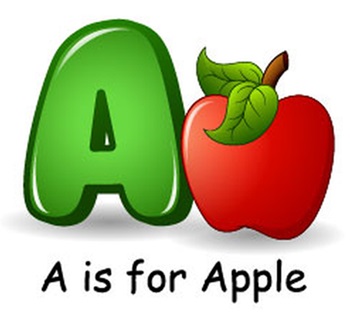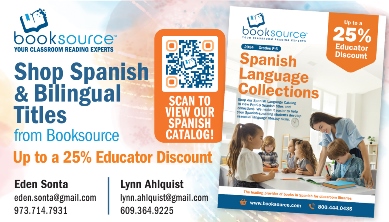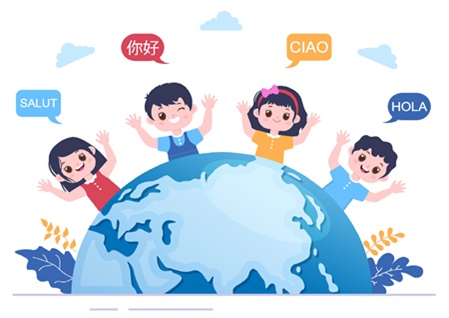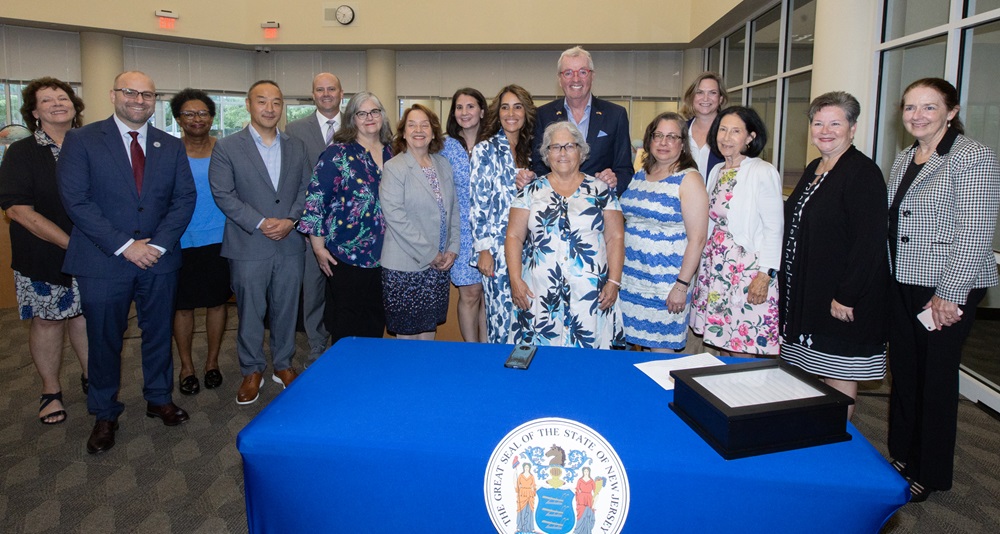Language is Always an Asset
Science of Reading: Podcast 1
With Kajal Patel Below
 In this interview, Kajal Patel Below discusses the background of Bilingual education in the United States and problems with misuse of Science of Reading with MLs. She also emphasizes the difference between being bilingual: able to speak two languages, and being biliterate, which is being able to read and write in two languages.
In this interview, Kajal Patel Below discusses the background of Bilingual education in the United States and problems with misuse of Science of Reading with MLs. She also emphasizes the difference between being bilingual: able to speak two languages, and being biliterate, which is being able to read and write in two languages.
Historically, education in the United States has underserved emergent bilinguals. In the past, speaking a second language was considered a hindrance to learning English. Students were often told not to speak their native language, and parents were instructed to speak English at home. Although research has shown that speaking a language other than English is an asset for the learner, some parents may still request that their child not be placed in bilingual classes because they don’t want their child to be labeled or limited in their education.
Patel Below lists four issues with the science of reading. The first is that although there are multiple studies for MLs, there were more for mono-lingual learners. Another consideration is that MLs are not all alike. They differ in background, experience, education, time speaking English.
A second issue is that in many schools, there has been an overemphasis on the foundational skills of phonics and decoding over comprehension and vocabulary development. Time for the latter is reduced to emphasize the former, which does not help students who are learning English.
Another problem is screening for reading issues such as dyslexia. Students who are screened in a language that they don’t understand will be misidentified: In one instance, 72% of kindergarten MLs were identified as needing support when they were assessed in English but only 32% when tested in Spanish. If students cannot be tested in their native language, the assessment outcomes need to be adjusted by comparing the test data with other factors such as the number of years of exposure to English.
Finally, educators need more support as well. Today, about 15% of K-3 students are MLs, but only 30% of teachers feel prepared to teach them. In fact, about 80% of educators have been putting together their own materials for teaching MLs because they have determined that what they have is not beneficial for their students.
The podcast concludes on a positive note that changes are happening which will benefit MLs.


 In the second podcast, Jim Cummins, Ph.D., professor emeritus at the Ontario Institute for Studies in Education of the University of Toronto, discusses academic language and how to nurture multilingualism in a supportive environment focusing on the science of language acquisition. He talks about the research on how humans learned languages and explains how that information can be applied in the classroom to support all students, especially MLs.
In the second podcast, Jim Cummins, Ph.D., professor emeritus at the Ontario Institute for Studies in Education of the University of Toronto, discusses academic language and how to nurture multilingualism in a supportive environment focusing on the science of language acquisition. He talks about the research on how humans learned languages and explains how that information can be applied in the classroom to support all students, especially MLs.